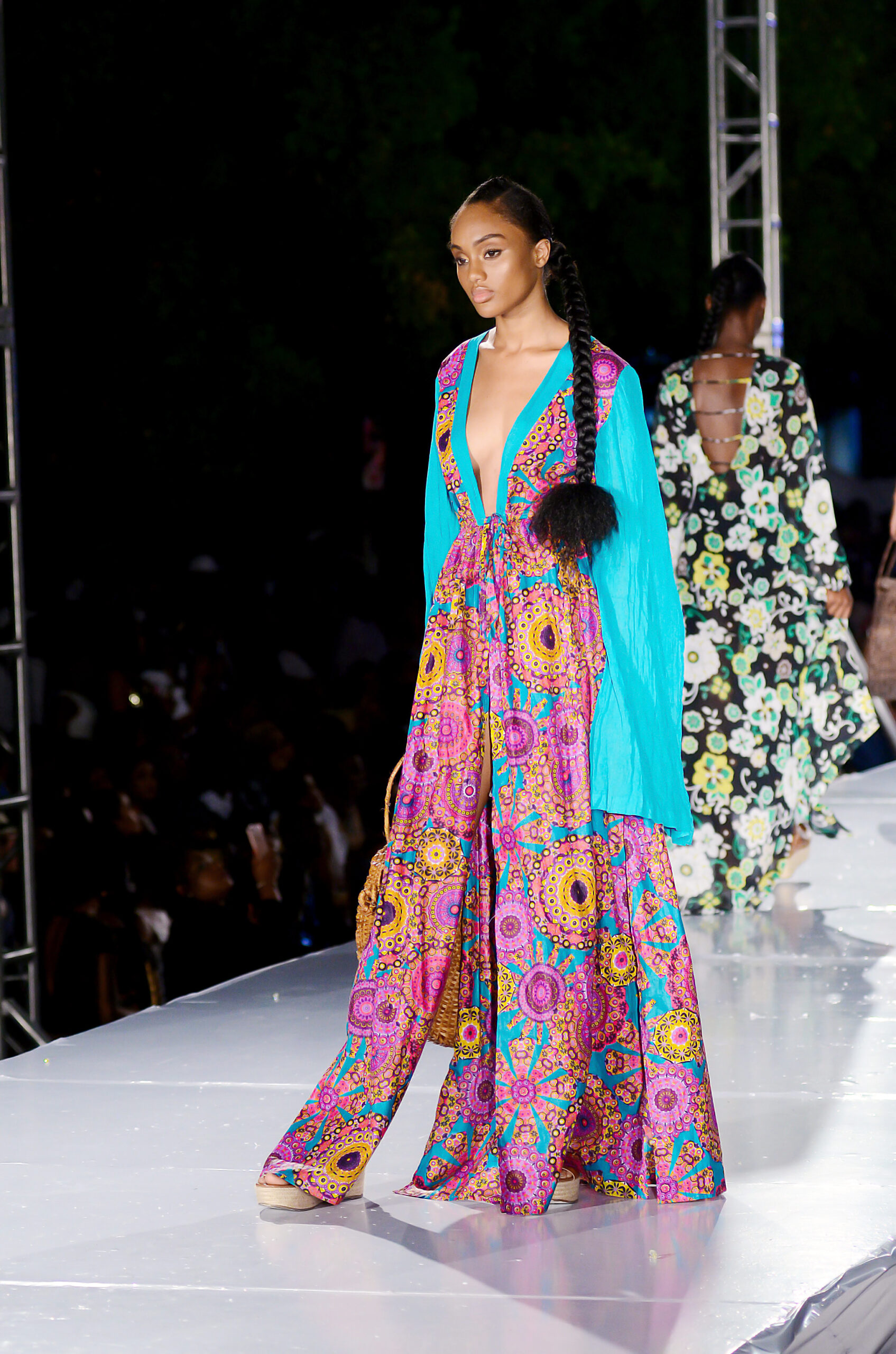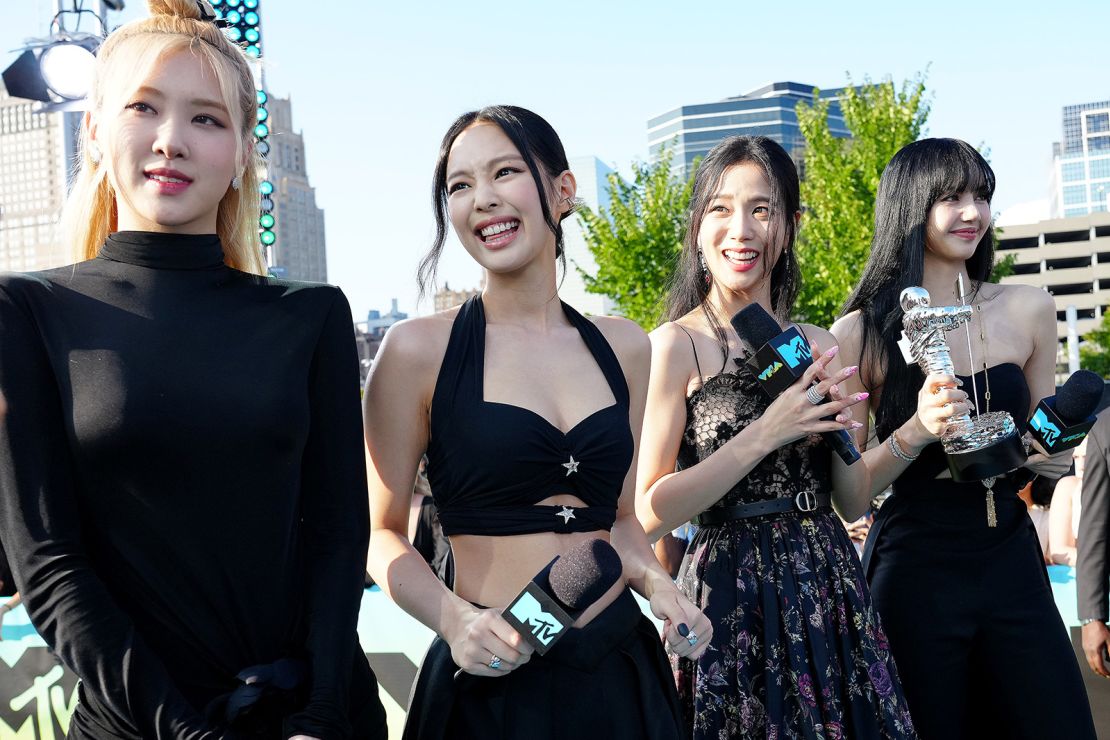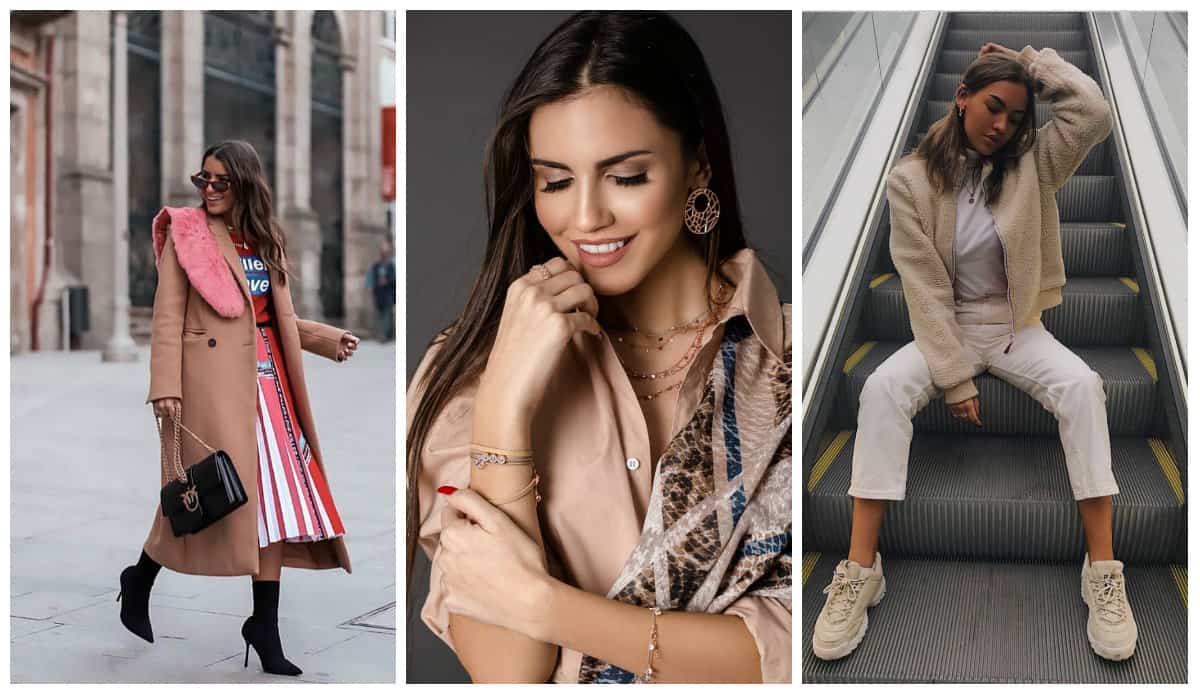By styledress.co.nz | Fashion & Culture Editor
The Future Has Always Been Ours
Somewhere between the metallic shine of sci-fi dreams and the ancestral rhythms of African traditions lies a movement that refuses to be ignored: Afrofuturism fashion.
It’s not new. It’s not sudden. But it is finally surging into the mainstream spotlight, and if you’re paying attention, you’ll realize it might just be fashion’s most radical next chapter.
We’re talking about a reimagining of the future that doesn’t erase Black identity—it celebrates it. It reclaims history, transforms it with imagination, and sends it straight into the future.
Let’s talk about it.
What Is Afrofuturism, Really?
Afrofuturism is more than Wakanda and chrome body suits (though, let’s be honest—Ruth E. Carter’s Oscar-winning designs for Black Panther lit the fuse for many). At its core, Afrofuturism is a cultural aesthetic that blends African heritage with futuristic elements, sci-fi, and technology.
It asks: What does the future look like when Black voices shape it?
Now, take that concept and apply it to fashion—where the body is the canvas, and the runway is the battleground. Afrofuturism fashion turns that question into a visual, wearable revolution.
A Story in Fabric and Fantasy
Let me take you to Lagos, Nigeria.
It’s 2018. I’m standing at a rooftop show during Lagos Fashion Week. The sun is setting, the crowd is buzzing, and suddenly—bam!—a model walks out in a sculptural dress that looks like a Zulu warrior met a Martian queen. Beads, LED lights, Ankara prints. It’s tradition colliding with technology.
That designer? Kenneth Ize, who would later go on to collaborate with Karl Lagerfeld’s old house and take his rich Nigerian weaving techniques to the Paris catwalk.
Afrofuturism fashion isn’t fantasy. It’s happening now—and it’s stunning.
Who’s Leading the Charge?
There’s a galaxy of talent reshaping fashion through the lens of Afrofuturism:
1. Selly Raby Kane (Senegal)
Think voodoo pop art meets interstellar travel. Her collections are theatrical, eerie, magical—bold statements about Dakar’s identity in a futuristic world.
2. Mowalola Ogunlesi (Nigeria/UK)
Known for outfitting the likes of Naomi Campbell and Ye (Kanye West), Mowalola fuses dystopian streetwear with raw, hyper-modern energy. Her aesthetic screams rebellion, resilience, and slick, sci-fi seduction.
3. Hanifa (US/Congo)
You might remember Hanifa for debuting an entire 3D digital fashion show during lockdown—before it became trendy. Her tech-forward presentations are rooted in African storytelling, making the virtual feel deeply personal.
Why Now?
The rise of Afrofuturism fashion isn’t a coincidence. It’s a response.
To colonized narratives. To being left out of “futurism.” To fashion’s often performative diversity.
In the wake of global movements like Black Lives Matter, fashion is being forced to reckon with its history—and Afrofuturist designers are offering not just critique, but vision.
They’re not begging for seats at the table. They’re building whole new planets.
From Runways to Real Life
You might wonder: Is this just a runway fantasy? Or is it wearable?
Well, yes—and yes.
Afrofuturism fashion exists across the spectrum. High-concept pieces may dominate fashion weeks, but you’ll also see the influence trickling into streetwear, techwear, and even sustainable design.
Take Diaspora Africa or Daily Paper—brands creating functional fashion rooted in heritage but styled like the future is already here.
It’s also about storytelling. When you wear Afrofuturist fashion, you’re not just dressed—you’re coded. With history. With resistance. With imagination.
Aesthetic or Revolution?
Here’s the real question: Is Afrofuturism fashion just another trend, or is it the movement?
Let’s be honest—fashion has a habit of commodifying what it doesn’t fully understand. The danger lies in reducing this deeply cultural, visionary movement to surface-level visuals—dashikis in silver, tribal prints on sneakers, etc.
But that’s not what Afrofuturism is.
It’s not cosplay. It’s not nostalgia. It’s visionary design—led by Black creatives, for a world yet to come.
If we support it, fund it, and let it speak for itself, it might not just be the next big thing—it might be the foundation of something permanent.
Final Stitch
Afrofuturism fashion is not about asking permission.
It’s about imagining a world where Black identity is central to the future—not erased from it.
So, the next time you see a chrome breastplate paired with a gele headwrap, or a jumpsuit that looks ready for Mars but stitched with Maasai beadwork—know this:
You’re not just witnessing fashion.
You’re witnessing prophecy.
Scroll-Worthy Takeaways:
- Afrofuturism fashion merges African heritage with sci-fi, tech, and future-forward design.
- Designers like Selly Raby Kane, Mowalola, and Hanifa are at the forefront.
- It’s not a trend—it’s a cultural revolution in wearable form.
- Support it, understand it, and don’t water it down.
Want more stories on the fashion future reshaped by culture and vision?
Subscribe, scroll, and stay tuned in.



